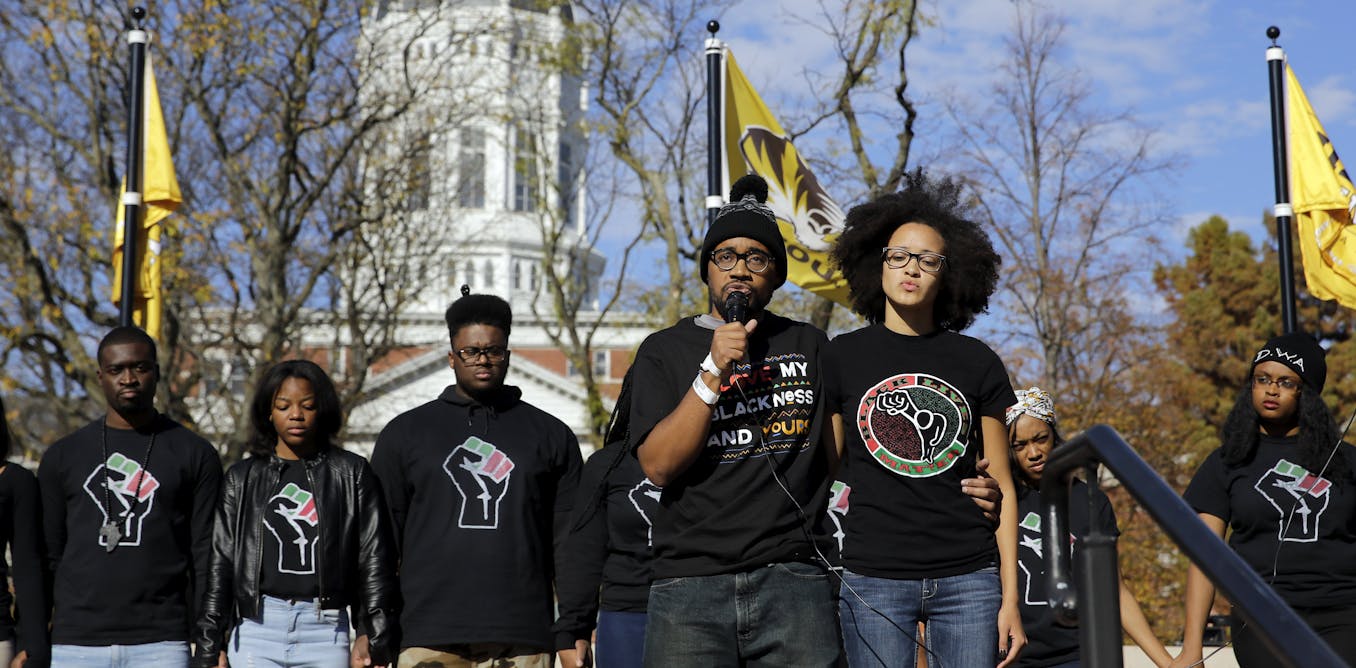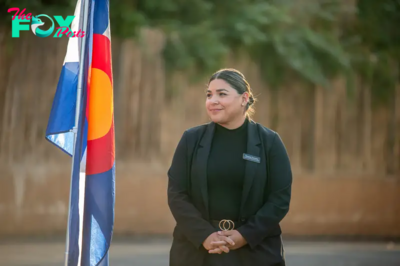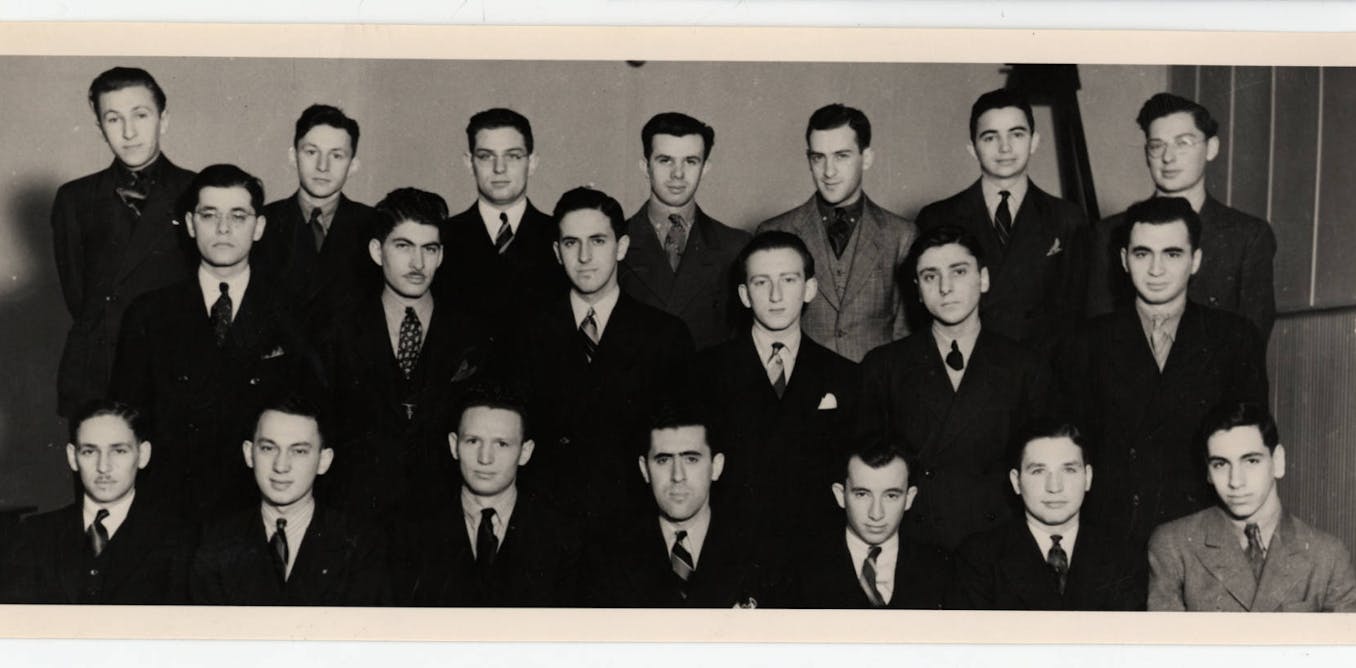Education
Anthropology students present their research in poetry, plays and op-eds in this course

Uncommon Courses is an occasional series from The Conversation U.S. highlighting unconventional approaches to teaching.
Title of course:
Multimodal Anthropology
What prompted the idea for the course?
“Multimodal” simply means using more than academic written text to present research findings.
My first multimodal science project was a third grade project on humpback whales, which was inspired by a vinyl LP recording of their “songs” that National Geographic mailed out to subscribers.
In addition to my written report, I included the whale recording and photographs from National Geographic. I then added a popular piece of material culture by tying the project together with white shoelaces dotted with tiny blue whales.
As an anthropologist today, I use fiction, plays, poetry, sound and film – among other media – to present my findings. To other academics, I’ve often had to defend my methods. But students tell me they love it and want to do the same.
What does the course explore?
We explore nontraditional ways to present research and discuss why a particular form may or may not work for a particular subject. For example, a student could use the sound of bombs for a research presentation about war, rather than showing violent images, which can demean victims. For a presentation about Iranian underground theater, a fictional story about clandestine rehearsals and relationships, rather than an academic book, could be used to protect subjects’ privacy.
Students learn basic ethnographic research methods, including fly-on-the-wall observation and interviewing. We go out on exploratory research trips around campus to observe, take notes and ask questions. When they choose the topic of their final research projects, they take whatever data they gathered in a given week and present it in different formats, including film, poetry and op-eds.
Why is this course relevant now?
Practicing multimodal anthropology helps students explore their own strengths and grow their confidence. Not everyone writes well, but some are gifted photographers. Educators have lost the interest of talented students by consistently demanding that research always be presented in term papers.
It also makes the material more accessible to a larger and more diverse audience. Take sound – or even audiobooks – for example. The sound of humpback whales or melting glaciers allows people to experience a place that most cannot actually visit. Audiobooks or spoken-word projects allow readers with vision impairments and reading disabilities to access the research.
What’s a critical lesson from the course?
There is never just one way to do anything. Students will be successful and can facilitate change in the world by playing to their strengths and by collaborating rather than competing with their peers. They are not their test scores or final grades, but rather a product of the experiences they have with their projects and each other along the way.
What materials does the course feature?
I use my own work to explain the process of multimodal anthropology – how and why I did what I did and whether it was successful. I also bring in other guest lecturers, including multimedia artist Kurosh ValaNejad, who put the history of the American-led coup d’etat in Iran in 1953 into a video game.
I am currently developing my own multimodal curriculum in the form of a murder mystery series in which each book explores a different way to present research. My first book, “Death in a Nutshell: An Anthropology Whodunnit,” explores visual anthropology – the study of images in culture and the use of images to present culture – and dyslexia.
What will the course prepare students to do?
The course prepares students to practice and learn about multiple research methods. Even if they never write another poem again, studying poetry as an anthropologist sharpens their descriptive abilities. It also leads to useful discussions, like whether poetry, as Plato claims, is too beautiful, alluring and potentially deceptive to be used in what people like to think of as an objective science.
-

 Education3d ago
Education3d agoColorado schools commit to protecting students ahead of potential mass deportation
-

 Education1w ago
Education1w agoSocioeconomic status explains most of the racial and ethnic achievement gaps in elementary school
-

 Education1w ago
Education1w agoMothers, metaphors and dyslexia: What language reveals about the challenges of a child’s learning disability
-

 Education1w ago
Education1w agoBrain-training games remain unproven, but research shows what sorts of activities do benefit cognitive functioning
-

 Education1w ago
Education1w agoRacism is such a touchy topic that many US educators avoid it – we are college professors who tackled that challenge head on
-

 Education1w ago
Education1w agoHere’s what happens when a school is located near a cannabis dispensary
-

 Education1w ago
Education1w agoHow the Taliban are seeking to reshape Afghanistan’s schools to push their ideology
-

 Education1w ago
Education1w agoState Board of Education keeps pro-charter school bent after Republican wins 8th District race





















